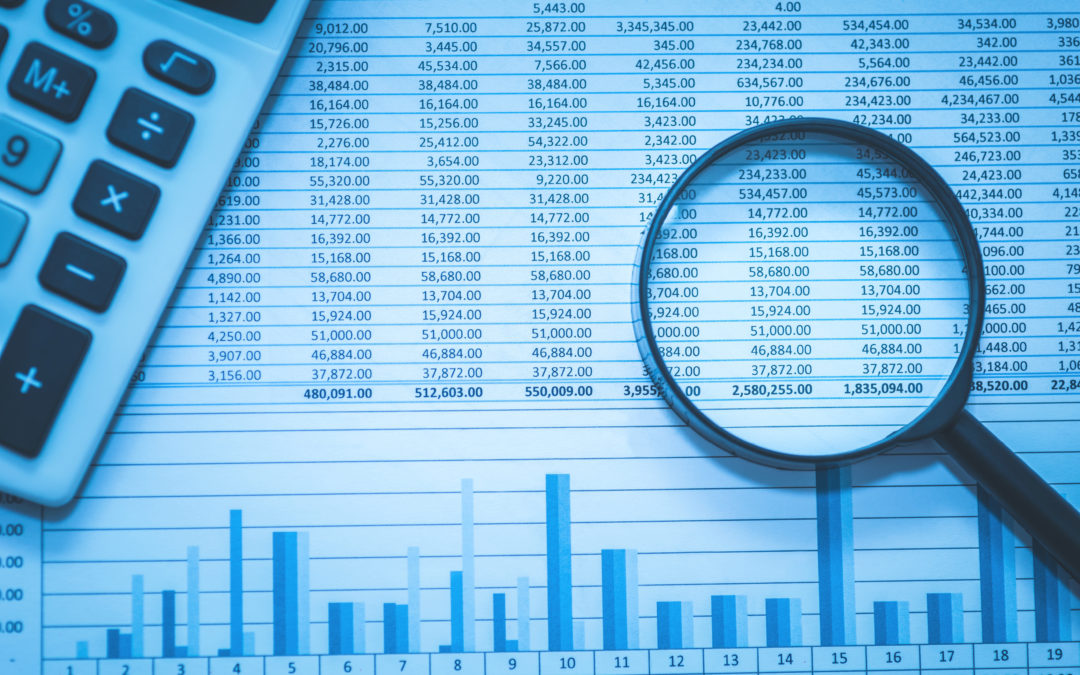Most accountants that practice today as forensic accountants did not set-out to enter this specialty area. Their pathway to becoming a forensic accountant was a natural progression at some stage of their accounting career when it was realized that they probably had the traits and characteristics of a forensic accountant. This was certainly my path. In the late 1990s when I was seconded to the liquidations and forensic services department of a Big Four accounting firm in Grand Cayman, I had no idea what to expect regarding work. Like many of the professionals there at the time I found the work exciting and challenging and the rest is history.
Over the past few years there have been several relatively high-profile matters involving the use of forensic accounting services. The terms forensic accounting and forensic “auditor”, although the latter used incorrectly, are often used and heard now. I have been asked on numerous occasions to describe a forensic accountant or the field of forensic accounting. Hopeful this short informal piece can assist in answering questions for those that don’t know or would wish some clarification.
A forensic accountant is part accountant, part auditor, part attorney, and part investigator. A forensic accountant collects, analyzes, and evaluates evidential matter and then interprets and communicates the findings in a courtroom, boardroom, or other legal/administrative venue. A forensic accountant is usually retained as a result of his or her financial and accounting knowledge and investigative skills.
Forensic accountants have been around since America’s Prohibition days, when they were used by the IRS to investigate and assist in the prosecution of tax evaders. The field has expanded greatly since then taking in additional specialty areas along the way. In the 1990s we were extensively used for our asset tracing and recovery skills on large liquidations such as BCCI and Barings Bank. During the years 2000 to 2004 when the Enron and WorldCom debacles occurred along with many false accounting scandals, we saw extraordinary growth in the forensic accounting field. Now the latest economic downturn has once again shown a bright spotlight on the field of forensic accounting. We are seeing an increased demand for fraud investigation and forensic accounting services.
The field of forensic accounting includes the following areas:
1). Fraud and corruption prevention, investigation and response
2). Financial statement misrepresentation
3). Family law/Marital dissolution – tracking, valuing and dividing assets and the calculation of child and spousal support awards
4). Economic damages calculation – calculating lost profit damages, medical negligence damages, business interruption claims, etc.
5). Business valuation
6). Asset tracing and recovery (including insolvency)
7). Civil litigation – construction disputes, environmental disputes, shareholder disputes, etc.
Sub-areas include:
1). Computer forensic analysis
2). Business intelligence gathering
3). Trial services – trial graphics, mock jury, etc
The essential traits and characteristics of forensic accountants include being analytical, detailed-oriented, and being effective communicators with the ability to clearly and simply explain complex financial information under pressure or under cross examination.
While there is no standard educational requirement for forensic accountants, most are qualified accountants that have obtained significant experience in the field and/or specialty designations. These designations may include the Certified Fraud Examiner (CFE), Certified in Financial Forensics (CFF), Accredited in Business Valuation (ABV), Certified Financial Forensic Analyst (CFFA), and the Chartered Accountant designation known as the CA/IFA (Investigative and Forensic Accounting). While the designations do provide an indication of the expertise level, experience is the most significant factor when considering which forensic accountant to use. Direct questions should be put to the forensic accountant concerning the area one may be looking for assistance in.
The profession continues to grow, and this is expected over the next two years. Financial mismanagement and serious fraud continue to make headlines and there is a strong group of certified fraud examiners and forensic accountants here in the Bahamas ready to assist in investigating fraud and settling disputes.
Ed Rahming, CA, CPA, CFF, CFE, MBA is the Founder and Managing Director of Intelisys, a boutique asset recovery firm based in the Bahamas. The firm specializes in the provision of corporate recovery and cross border insolvency, litigation support, and debt recovery services.


Recent Comments